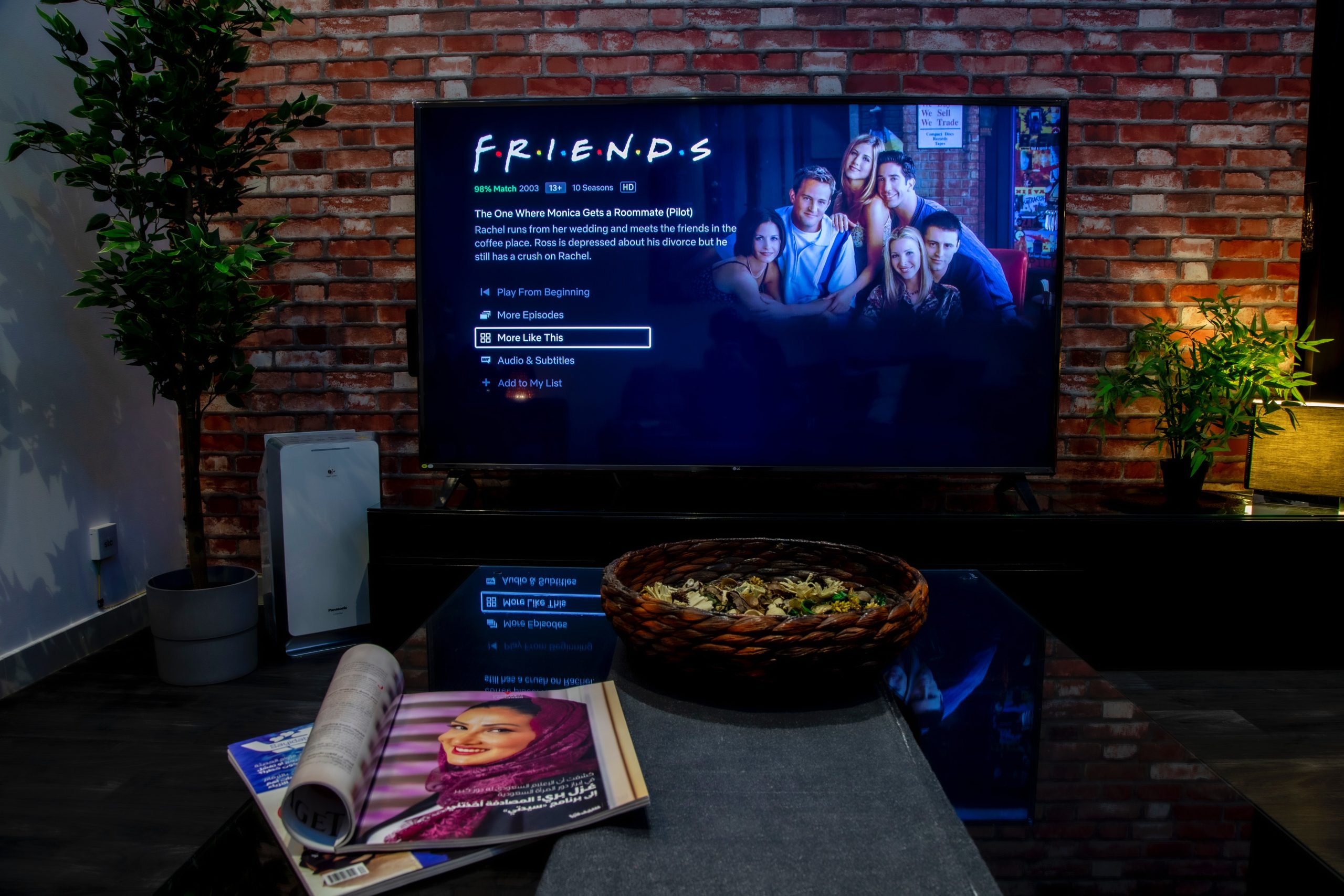The company took back its anti-password sharing measures after global backlash on social media.
Popular streaming service Netflix said its strict new password-sharing rules were posted “in error”, following a barrage of backlash on social media.
The streamer released guidelines earlier this month that would require users to connect to Wi-Fi at their primary location, open the Netflix app or website, and watch content at least once every 31 days in order to make sure that their devices are connected to their primary location.
Per the recently debunked measures, accounts can only be used by members of a single household. So, users who attempt to sign into an account elsewhere on Netflix will be prompted to create their own accounts instead, and access will be suspended until they do so.
However, after the new rules were released, users from around the world threatened to cancel their subscriptions, and Netflix has since changed its mind about the new password rules.
Regular travellers, college students, and many others demanded to know how the company would accommodate them after reading their rules, which included requirements for all devices using the same account to be linked to the same Wi-Fi, for all devices to log in and stream on that Wi-Fi every 31 days, and for a user to set a primary location, which has to be a television.
The provider now claims that those regulations only apply to account holders in Chile, Costa Rica, and Peru and went live in other countries by mistake.
“For a brief time yesterday, a help centre article containing information that is only applicable to Chile, Costa Rica, and Peru, went live in other countries,” a spokesperson for Netflix told The Streamable.
“We have since updated it.”
The rules previously posted on Netflix’s website have since been removed, according to the publication.
The company is now testing anti-account sharing features in several Latin American nations. However, the streamer reports that the majority of these have encountered “significant pushback” from users.
The spokesperson continued by saying that if the streaming giant decides to impose those restrictions—or any other kind—in the United States, it wouldn’t do so without first informing its users.







